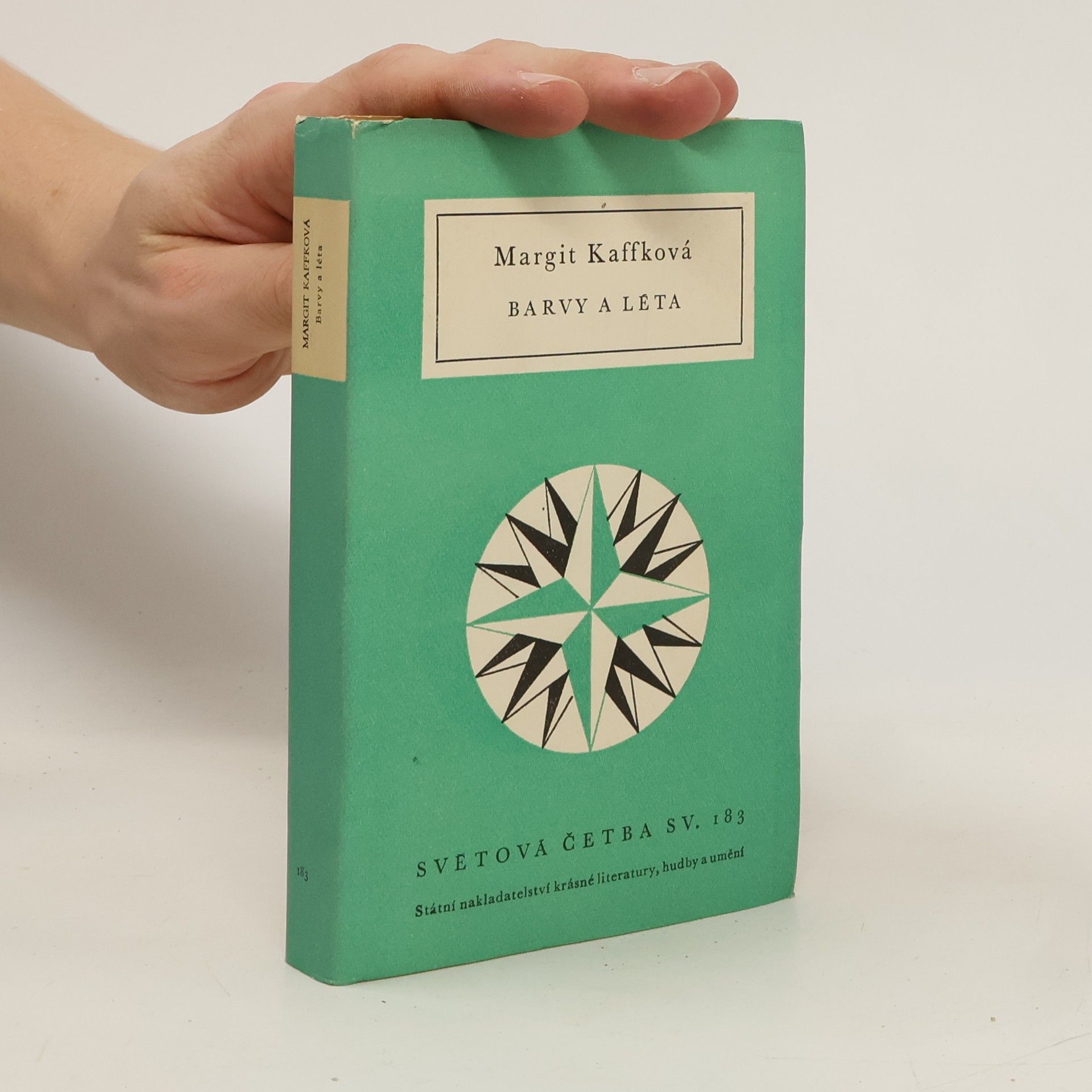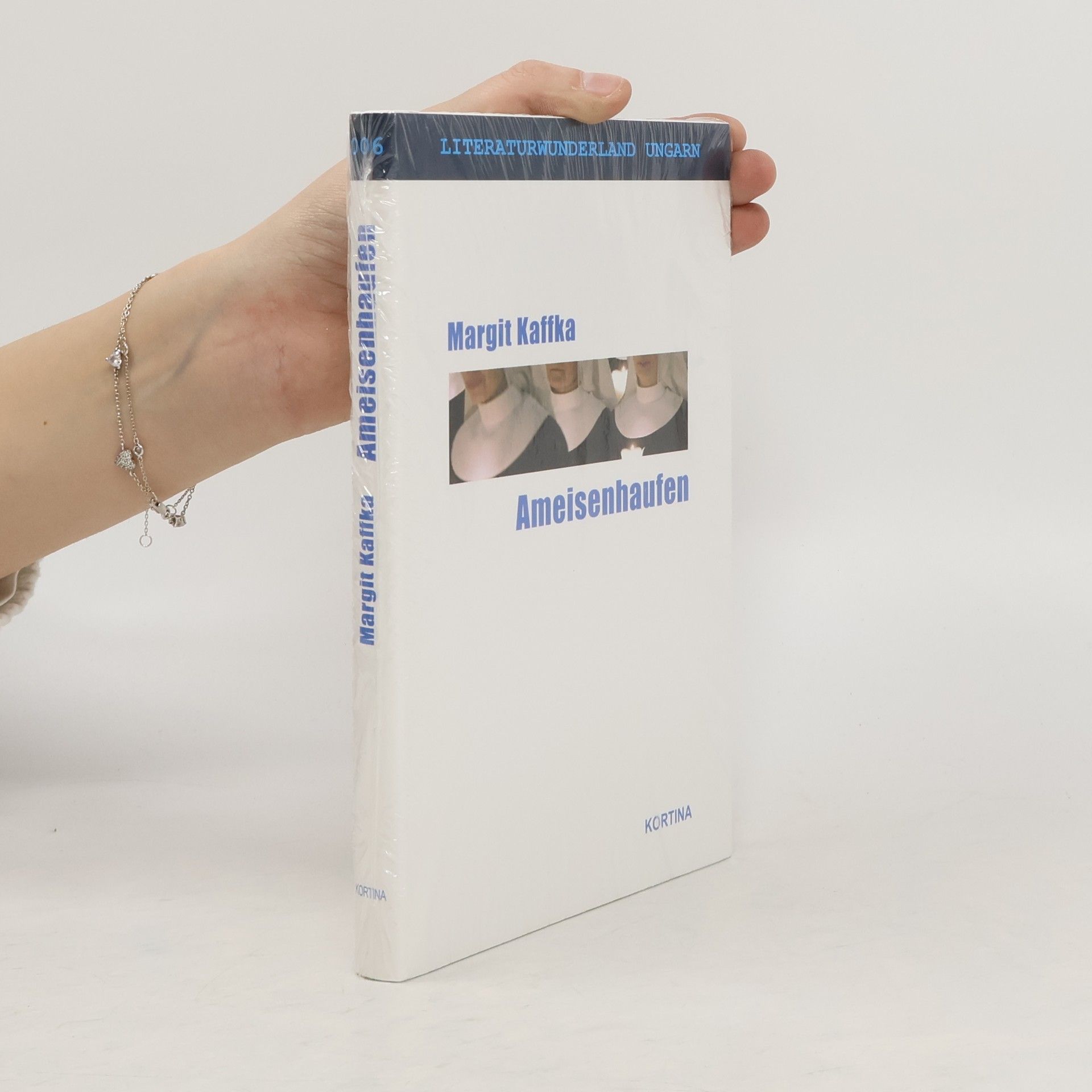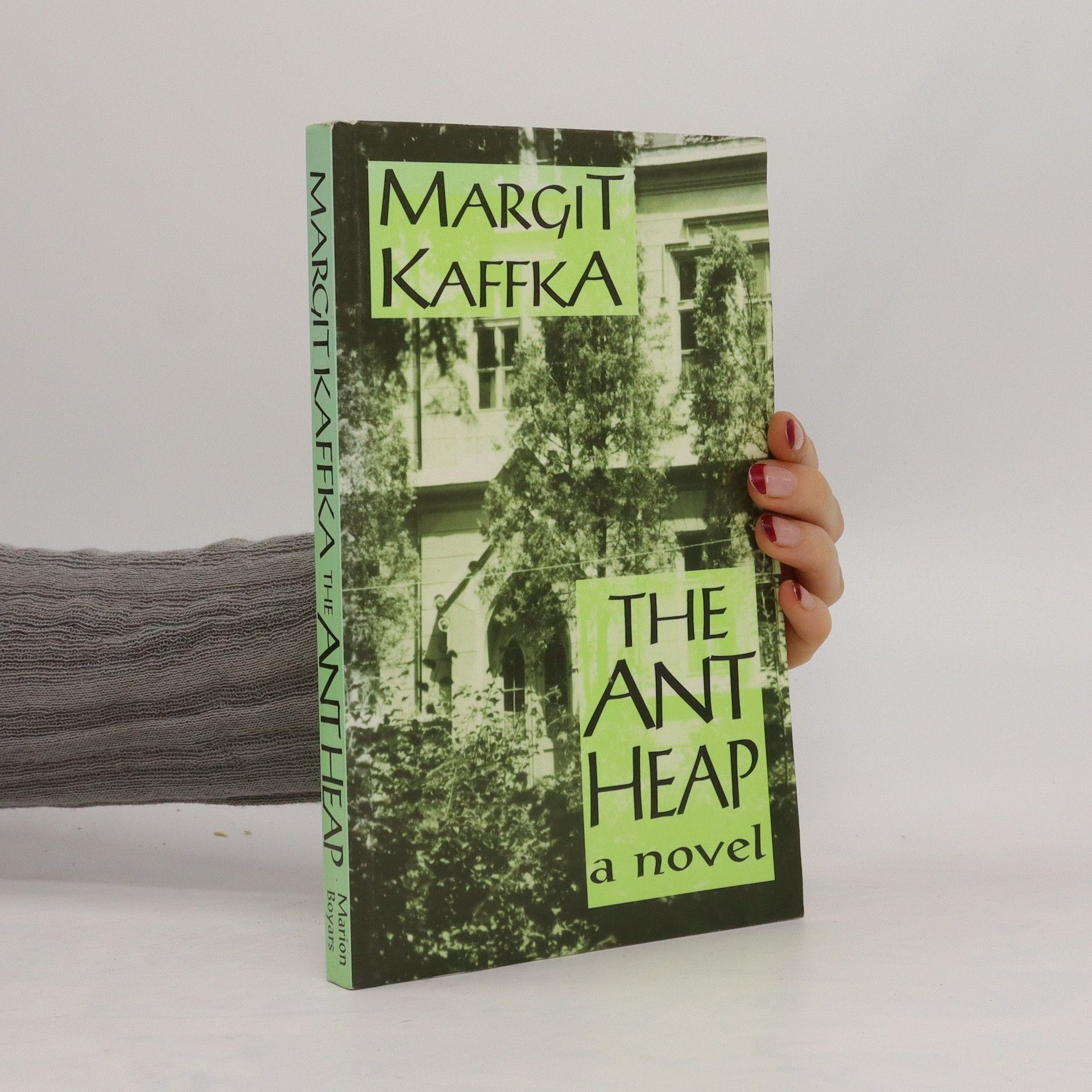A lyrical evocation of convent life in Hungary at the beginning of the century, making the point that for some it is a straightjacket, while for others a refuge in defense of their faith. In the struggle for control of this refuge, modern ideas clash with religious observances, as does youth and age. The novel portrays the love of the girl pupils for the boys waiting for them in the outside world, and that of nuns and novices for each other
Margit Kaffka Books
Margit Kaffka was a prominent Hungarian writer, recognized as a significant voice of her generation. Her narratives primarily explored the decline of the gentry and the multifaceted struggles faced by independent women at the turn of the century. Kaffka frequently drew upon personal recollections of national crises and the stark societal contradictions of Hungarian life. Her distinctive literary style adeptly captured the essence of her era and the profound impact of social change.





Ihre eigenen Erlebnisse in einer Klosterschule dienten der Schriftstellerin Margit Kaffka als Vorlage für diesen Roman, der zum Klassiker der ungarischen Literatur wurde. In der Figur der gewitzten Erzsi Király, die sich letztlich gegen alle Widerstände durchsetzt, hat sie ihre eigenen Sehnsüchte nach Selbständigkeit und Freiheit dargestellt. Erzsis frische, nüchterne Lebensauffassung, ihr Lebenshunger stehen im Gegensatz zur Scheinheiligkeit und Unbeholfenheit der Nonnen. Kaffka zeichnet ein sinnliches, atmosphärisch dichtes Panorama des „Ameisenhaufens“ Klosterschule.
Román maďarské autorky o neradostném životě a dvojím manželství příslušnice zchudlé šlechtické rodiny, která volí své partnery v duchu buržoazní společenské konvence a podle přání příbuzenstva.
Román s autobiografickými prvky líčí vzpouru dívky z měšťanské rodiny proti tradiční výchově, která ji připravuje pouze pro manželství.